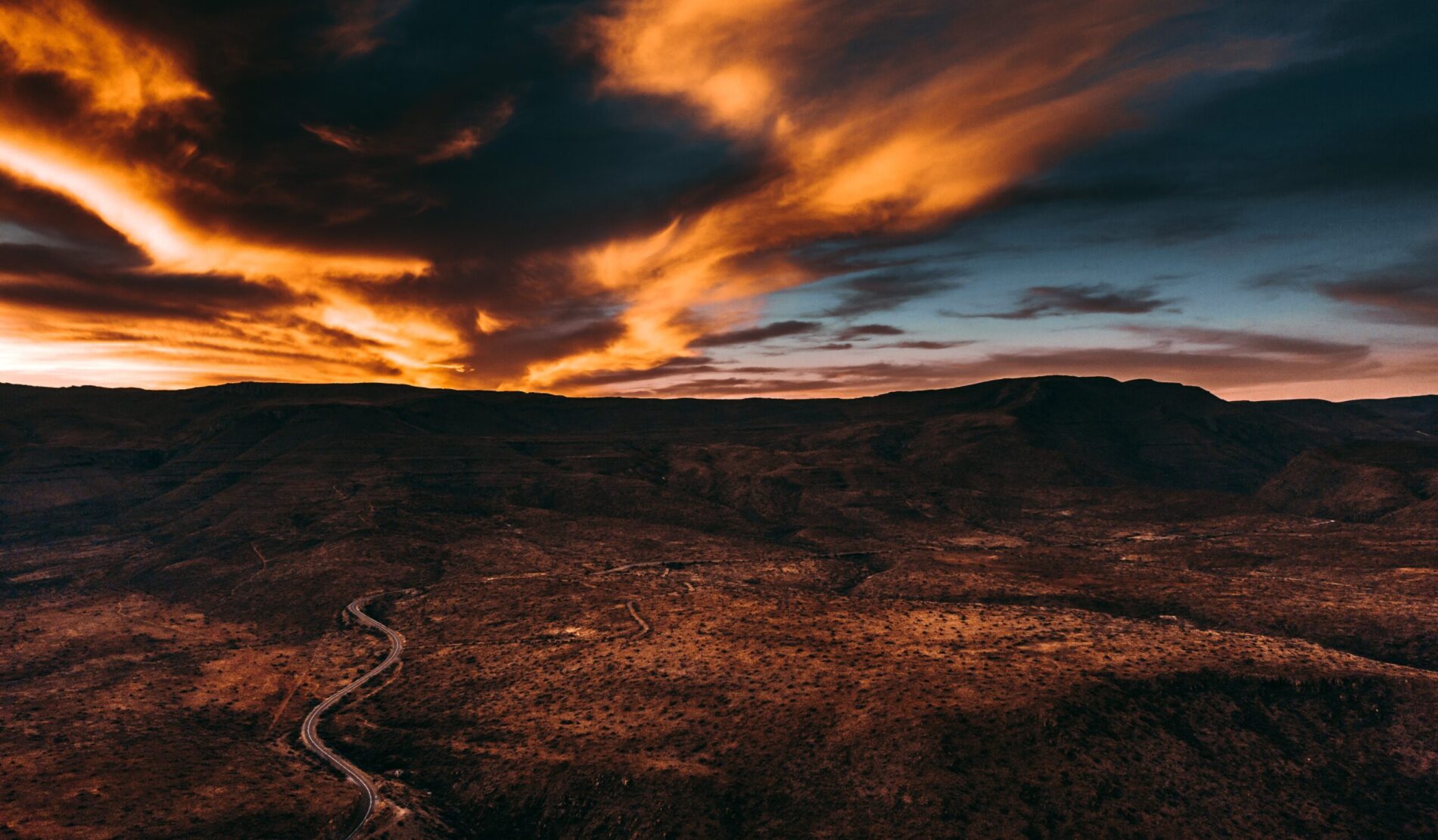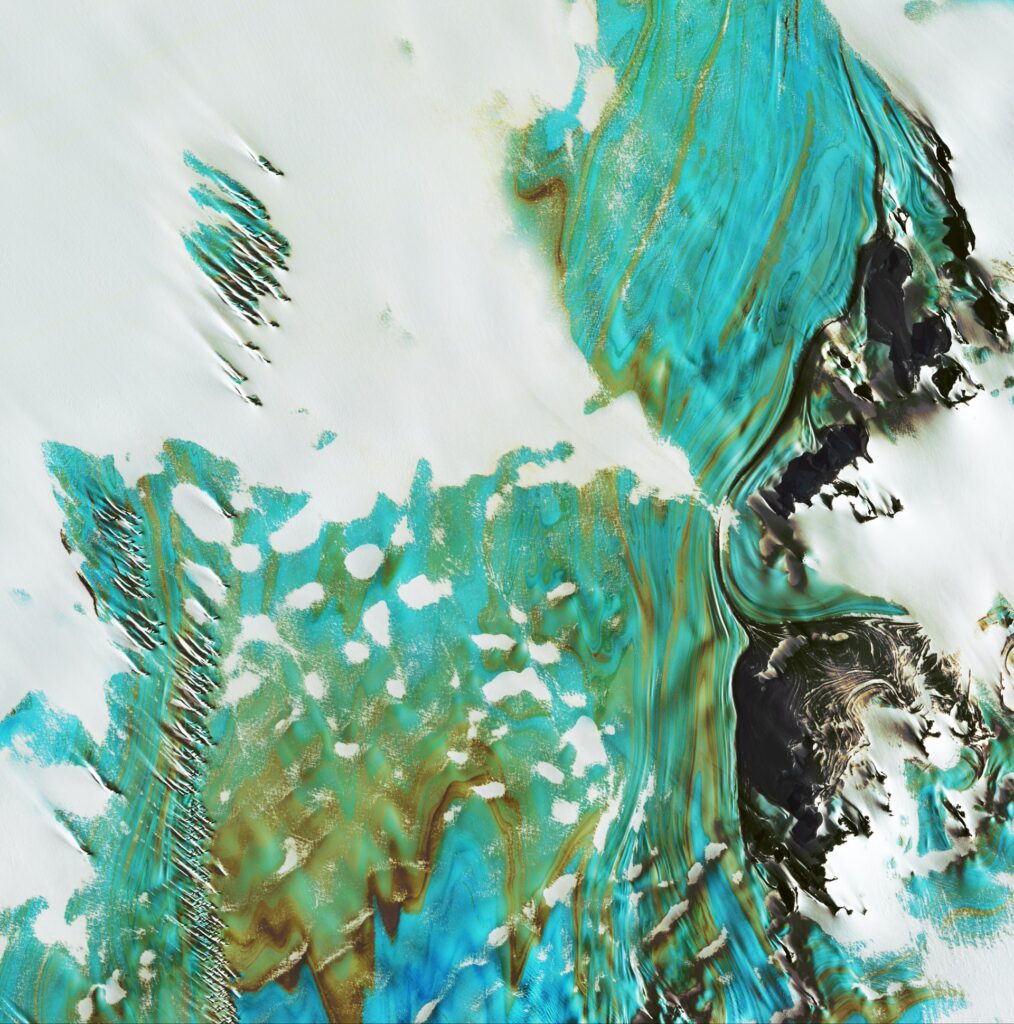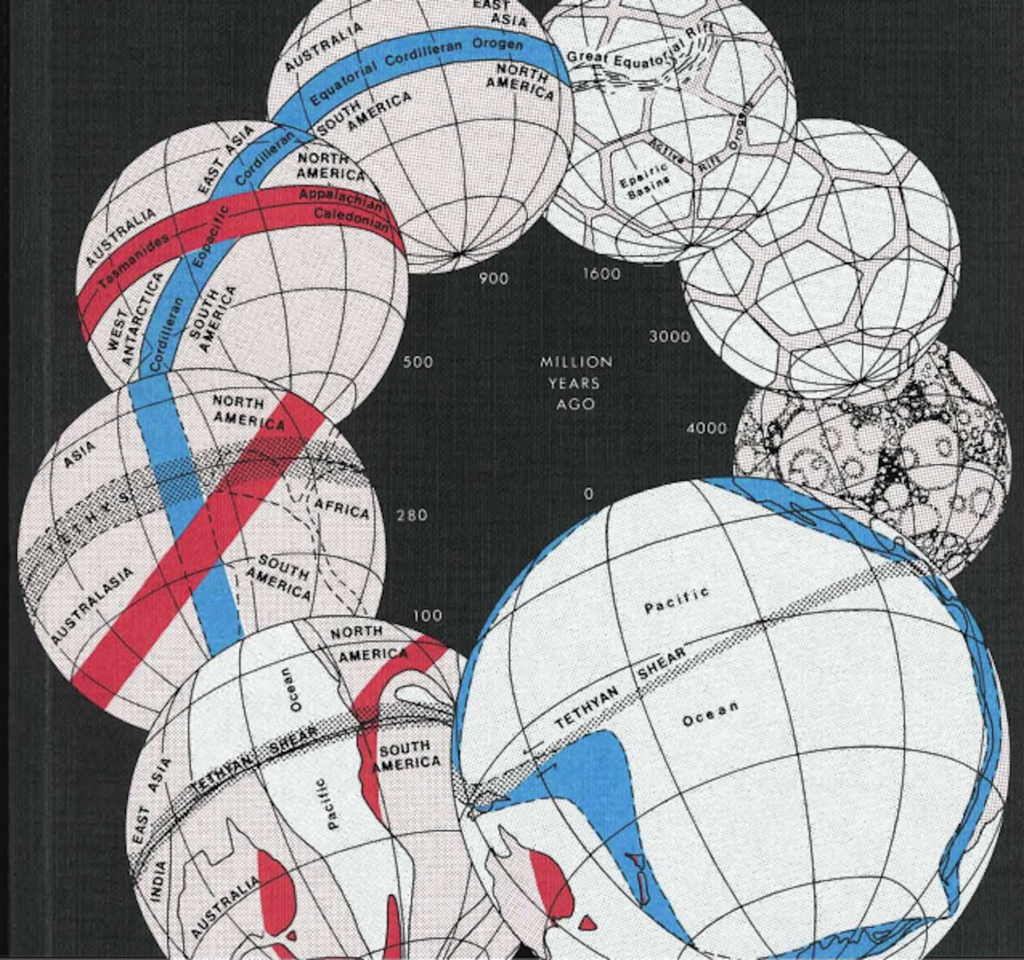Roundtable: May 11, 2021, UNSW
What does it mean to write the modern history of an ancient supercontinent?
Earth scientists know a great deal about the geological history of Gondwanaland and its breakup that began 180 million years ago, eventually creating present day Africa, Australia, New Zealand, South America, South Asia and Antarctica. This panel of historians addresses the possibilities that emerge when we consider Gondwanaland’s national and continental fragments according to a series of modern environmental, cultural, political, colonial, and postcolonial histories. Aware of its now-proliferating trans-local meanings, we situate Gondwanaland, first, in the central Indian homeland of the adivasi Gond people, who lent the supercontinent its name in the late nineteenth century. From here the developing geopolitics of Gondwanaland are harder to anticipate. Gondwanaland’s modern history is strange and little understood, our idiosyncratic ‘transnational’ project seeking to open up its recent past, and in a way bring Gondwanaland back together again.
Scoping its significance across both human and earth histories, our first Gondwana/Land Conversation brings together historians of Antarctica, Australia, southern Africa, South Asia and South America, currently engaged in the Australian Research Council project Antipodean Geology.



